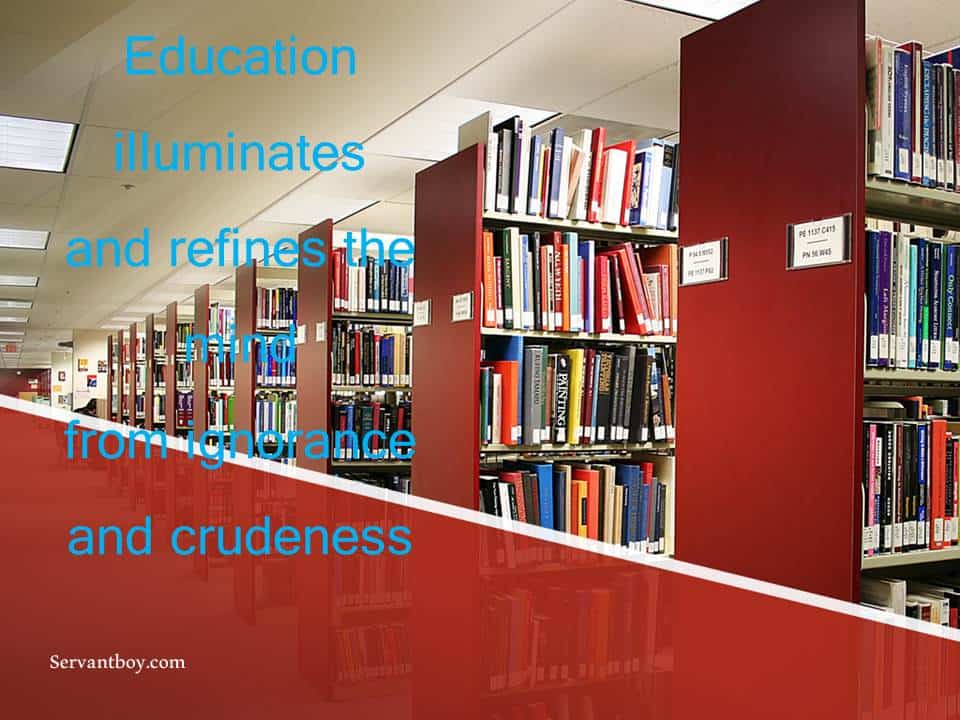Opinion On Minimum Age In Nigeria For Undergraduate Admission

Nigeria operates an education system of 6-3-3-4. This means you are expected to spend a minimum of 12 years in primary and secondary school. The assumption is that a child should be at least 6 years old to be in primary one for those who support the 18-year minimum age. As a teacher, I observed that the average age for primary one pupils is 5 years. If this is correct, the average age for SS 3 students will be 17 years, provided there is no cause to repeat a class.
If the standard deviation is considered, 16 years and 18 years aren’t too far from the median age at graduation of senior secondary education in Nigeria. Our policymakers should base their decisions on data rather than feelings or assumptions. I would have expected a survey to have been carried out by the Ministry of Education to look at the median age and also an analysis to see the correlation between age and academic performance, age and emotional intelligence, and age and maturity level at the time of entry into any institutions in Nigeria. Furthermore, I would have expected some background work on the negative impact of early-age admission into university on society. This analytical approach would have given credence to any policy or law that would be made on this issue.
We live in an age driven by data, and data can’t lie—it gives a clear picture of the situation. If this had been done, nobody would have the moral ground or any ground to disprove it. In fact, many will embrace it because the findings are crystal clear.
I researched the minimum age requirement for the University of Kent in the UK. On their website, 17 years old was the minimum on the registration date for all degree programs except Medicine, which is 18 years. In addition, I searched for schools in the US, and the result was that there is no age restriction for admission. However, the most common – which is the average, is 18 years. Canada has the same disposition as the US regarding undergraduate admission. The range is 17-18 years.
The median age for undergraduate admission in the UK, Canada, and the US is similar to that of Nigeria. Some exemptions must be acknowledged, but they shouldn’t be used to disrupt the existing system.
Let me go further by saying that if a student finishes secondary school at age 16 and sits for WASSCE and JAMB, the probability that he/she will pass the two examinations well is not 100%. I mean that having required credit in all his/her subjects and scoring above 200 in JAMB is not certain. Checking through this year’s JAMB and WAEC success rates, it can be inferred that only 20-30% of students who wrote both exams pass. Also, fulfilling these requirements does not guarantee that you will be offered admission because there are so many factors during the admission process in Nigeria.
Considering the aspects that I have mentioned, this means the entry age in Nigeria will be 19 years on average. The only exemptions are for those who intend to go to private universities. This is because private universities’ admission process and competitiveness are lower than that of federal and state universities. So, we should not make decisions based on those exemptions since they don’t represent the more significant sample.
I advise the government to consult properly before taking any steps to implement this policy. The country needs so many reforms in our education system, and age is the least of them. Any decision that is made should be based on facts and figures, not feelings or assumptions.
